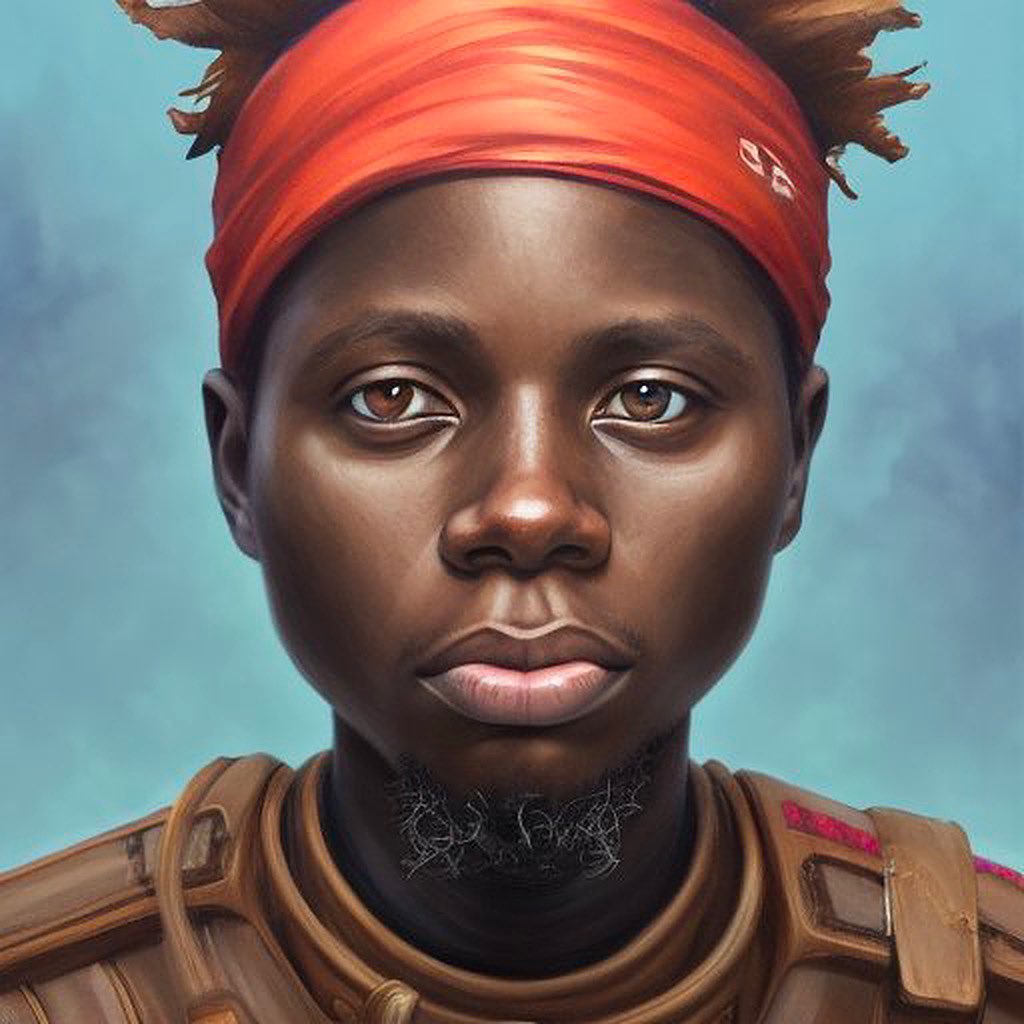Strike in Nigeria Brings Muslims and Christians Together
By Muhammad Jameel Yusha’u Northumbria University
 Massive street protests forced the president into a U-turn
Massive street protests forced the president into a U-turnIt will also be a relief for the government of President Goodluck Jonathan that faced the strongest resistance from the Nigerian public since he took charge of the country.
It is equally a relief for the international community, who must have been concerned by the threat issued by the unions to shut down oil production – a threat that contributed to the surge in prices in the oil market.
But the most critical question is: Who won the battle between the Nigerian government and the unions representing the public? I suggest that the people have won.
They have won because the president had said the new price was not negotiable. The president had to backtrack, otherwise the unions would have undermined his authority. Young Nigerians were already talking about the “Nigerian Spring” on social networking sites such as Twitter, using the hashtag #OccupyNigeria.
Many of the critics of the subsidy are aware of the corruption associated with it – they know that a few individuals use the subsidy to milk the Nigerian treasury and amass enormous wealth. The mass protests are not necessarily about subsidy removal, they are about the deficit of trust in government.
Restoring that trust is the mountain President Jonathan now has to climb.
Jonathan’s dilemma He must make a decision on who makes the final call in running the Nigerian government.
Since the return of Ngozi Okonjo-Iweala as finance minister – with the additional title of coordinating minister for the economy – a title just short of being prime minister – she has become the most powerful unelected politician in the country.
 The strikes have left President Goodluck Jonathan in a much weaker position
The strikes have left President Goodluck Jonathan in a much weaker positionMrs Okonjo-Iweala is a professional who rose to the position of managing director at the World Bank. But despite her qualifications, Nigerians have reservations about her economic management.
In 2005 she led the effort for debt relief, under which Nigeria repaid $12bn to leave itself virtually debt-free.
She promised Nigerians that the money saved would now be channelled into re-invigorating Nigerian health care, construction of roads, etc..
None of that happened. Yet she led the debate once again on the removal of subsidy by preaching the same old song of using the money saved on maternal mortality and electricity generation.
The International Monetary Fund is the leading organisation asking African countries to remove the subsidy.
The fuel subsidy has been removed in Ghana, and Uganda has also removed part of the subsidy on electricity.
This is where President Jonathan has a dilemma.
The international community partly contributed to his stability in office because they were aware of the irregularities in the election that put him there, despite the claim by Nigerian officials that the election was free and fair.
European countries and the United States supported Mr Jonathan partly because of the politics of oil, because Nigeria is major supplier of oil to Europe and the US.
Political microscope The strike led by Nigeria’s unions has left President Jonathan in a weaker position, and international organisations like the IMF will be partly disappointed with him, but the pressure within Nigeria will be reduced.
“Start Quote
A listening government could turn this into political capital and a warning to politicians who are desperate to divide the people in order to remain in office”
End Quote
To avoid falling into the same trap, he should make sure that Nigerian refineries are fixed.
It doesn’t make sense for a country that is the sixth largest producer of oil to be importing 85% of the oil needed for its domestic consumption.
The wages of government officials are too fat, they must be reduced, and building trust with the people should be the main focus.
Before taking decisions that affect the people, President Jonathan and his advisers should use their political microscope to study the mood of the nation.
How can the government remove the subsidy, thereby doubling the hardship of the people on New Year’s Day, at a time of massive insecurity? That is an invitation for chaos.
But the strike has had one positive effect.
The strike and protests have brought Muslims and Christians closer, something that would have been unthinkable a month ago.
 The strike brought Nigerians together – here Christians formed a barrier while Muslims prayed during the protests
The strike brought Nigerians together – here Christians formed a barrier while Muslims prayed during the protestsA listening government could turn this into political capital and a warning to politicians who are desperate to divide the people in order to remain in office.
